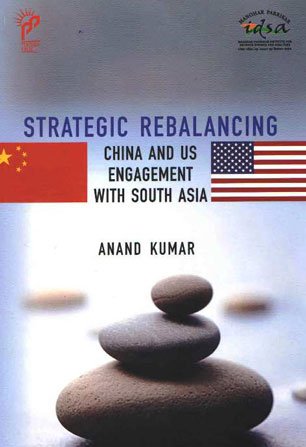Bhasha Dam: A Tomb Stone of Gilgit-Baltistan’s Aspirations
This year Pakistan is facing an acute water shortage and the shortage during the current Rabi crop is estimated to be around 35 to 40 per cent, which will adversely affect the wheat output, critical for the country’s food security. Pakistan also faces an acute power shortage, which has exacerbated by the reduced outflow from Tarbela Dam. To tide over the problems, Pakistan is building Bhasha Dam on River Indus, which is the largest dam being built in Pakistan since Tarbela was completed in 1976. Continuous silting has reduced the storage capacity of Tarbela and Mangla dams considerably.
- Priyanka Singh , Alok Bansal
- January 31, 2009
















